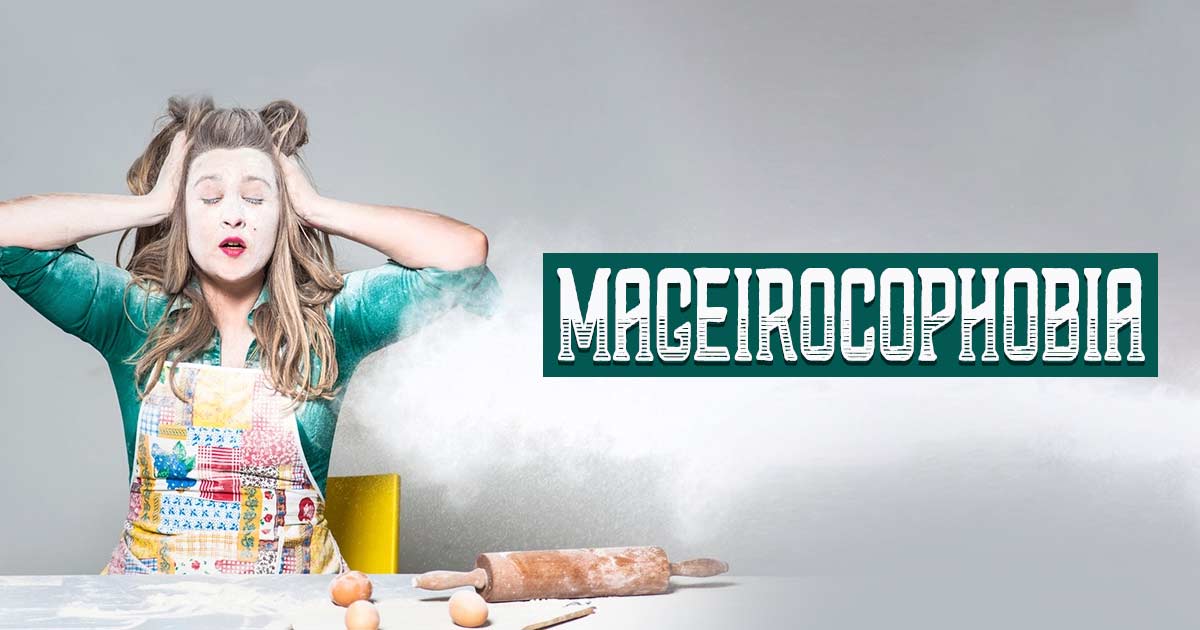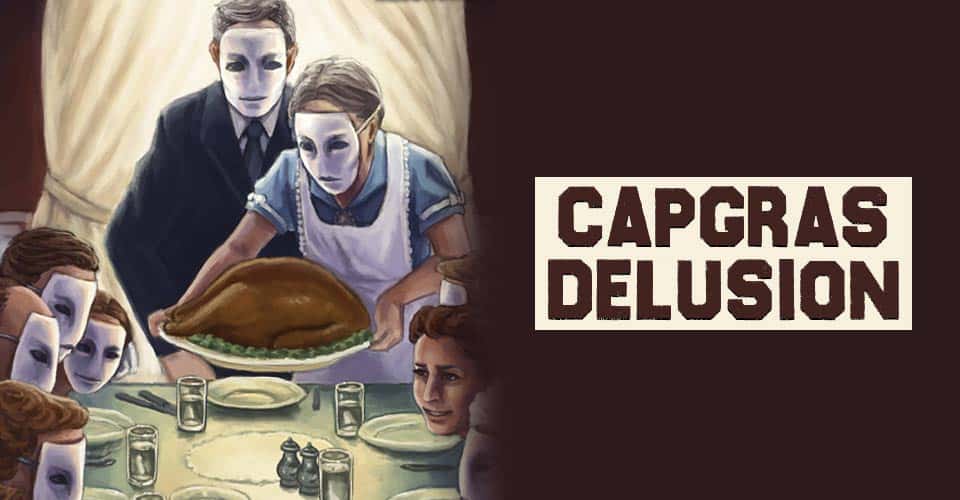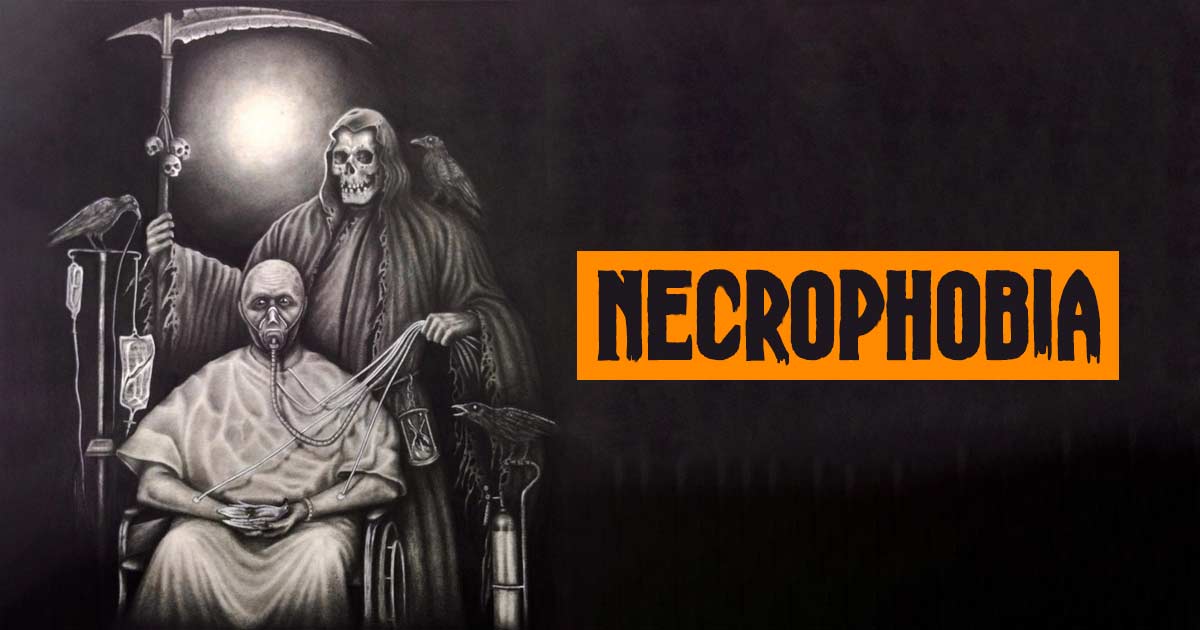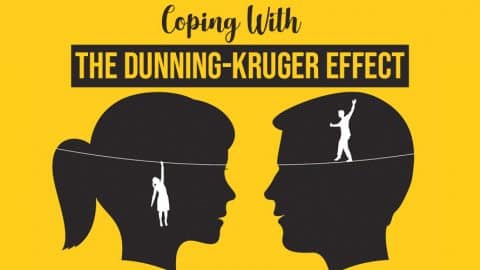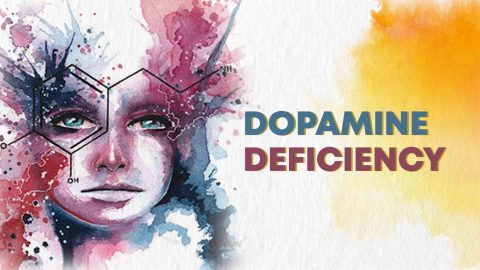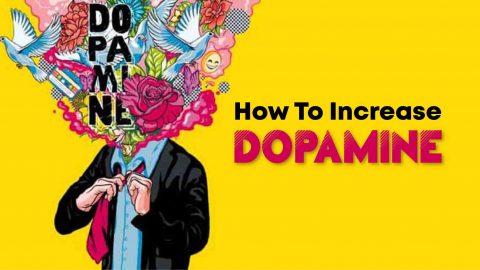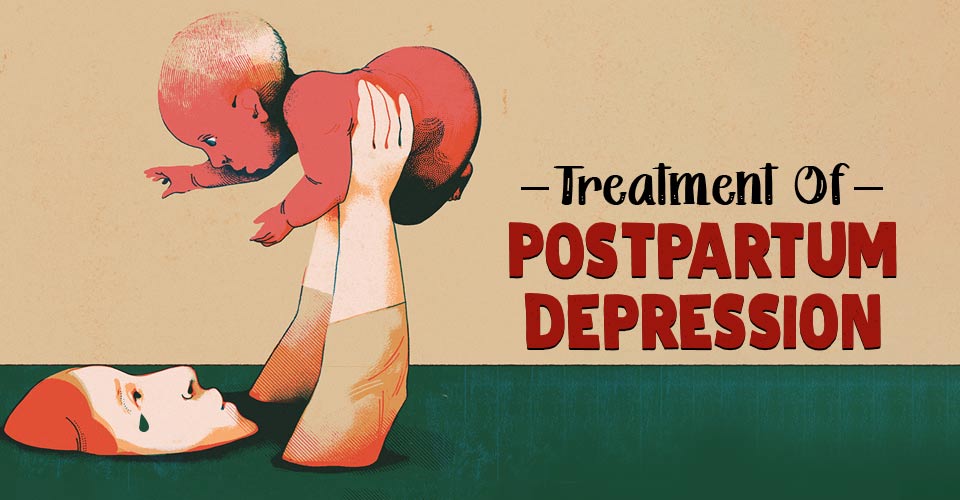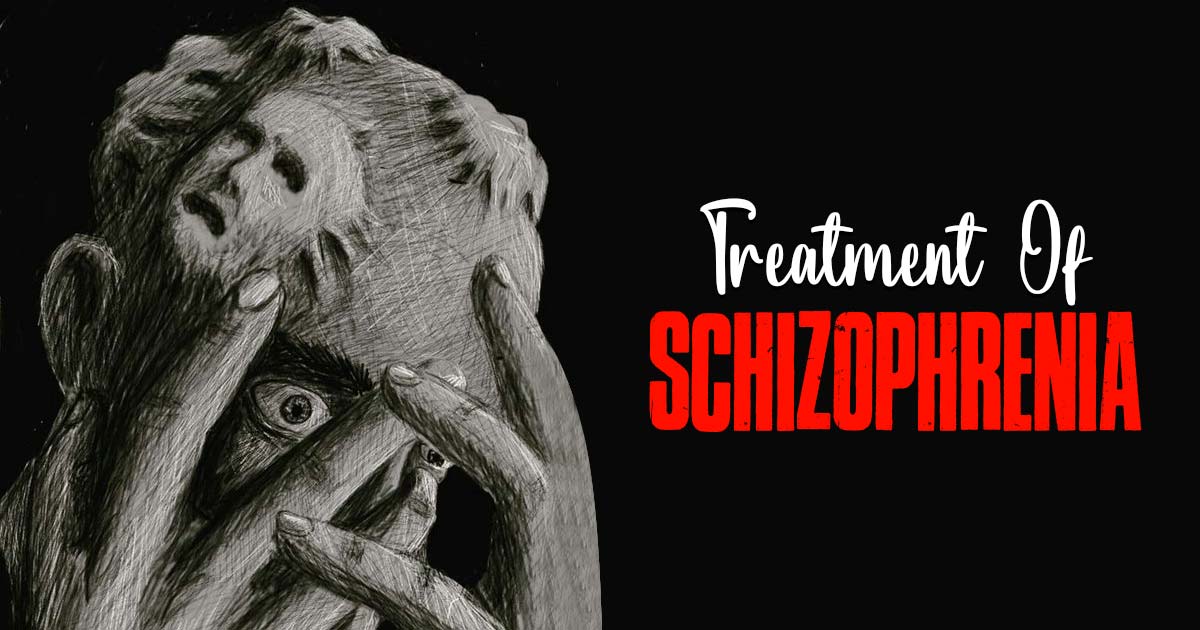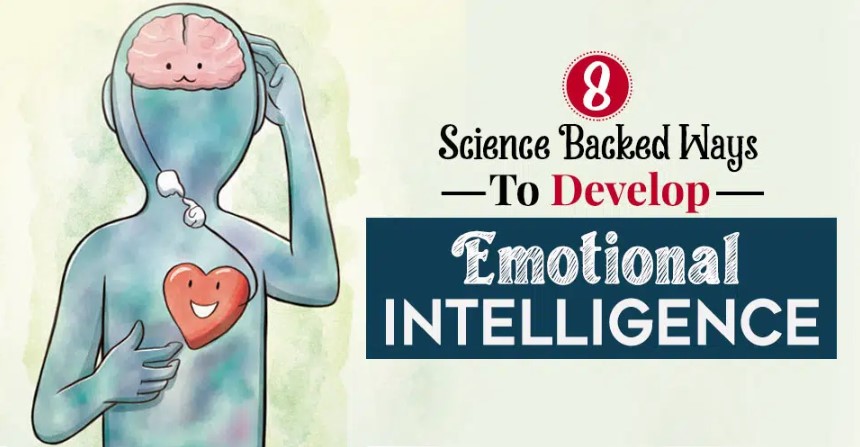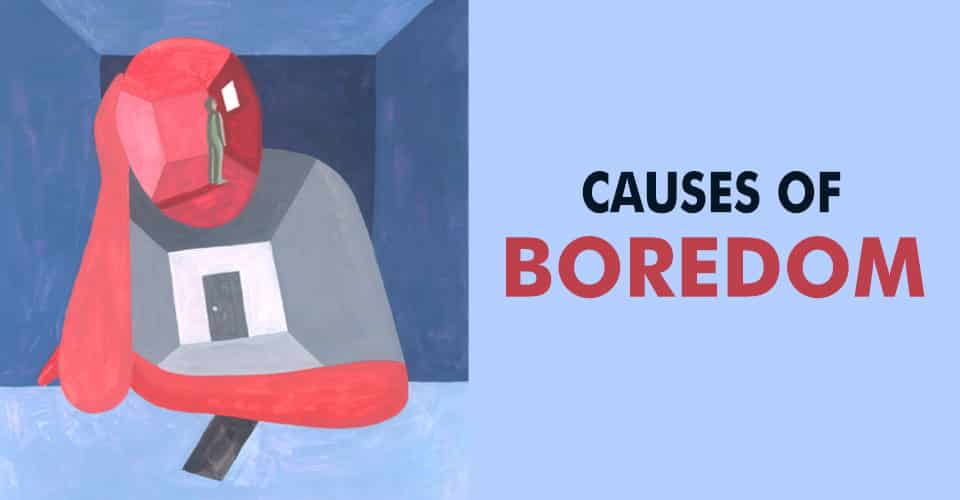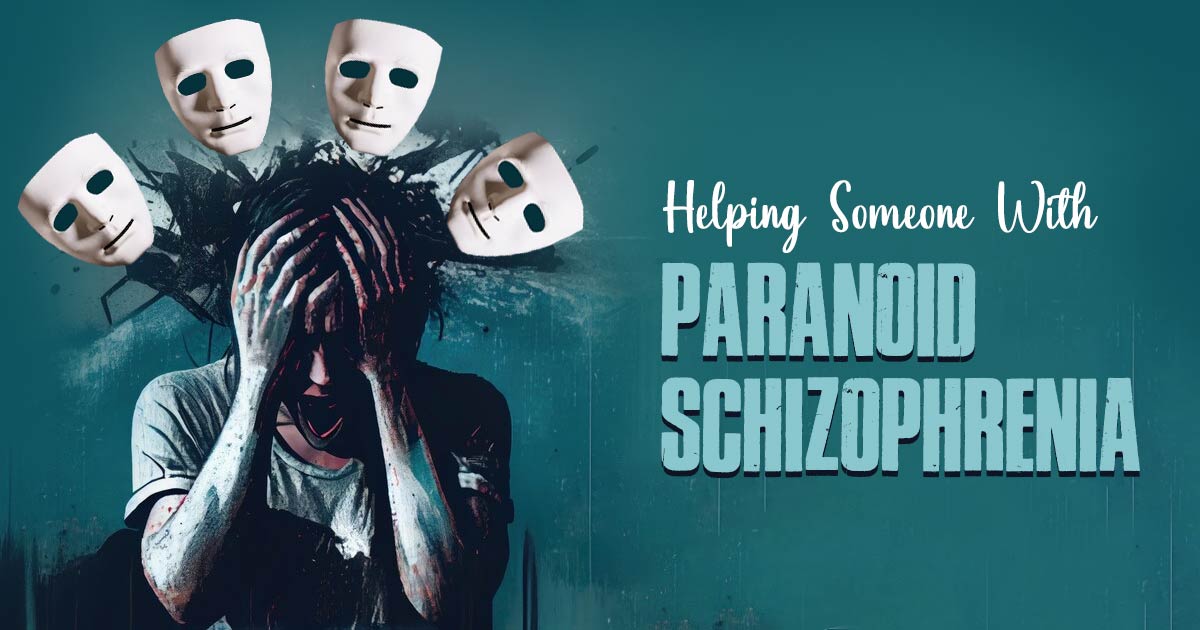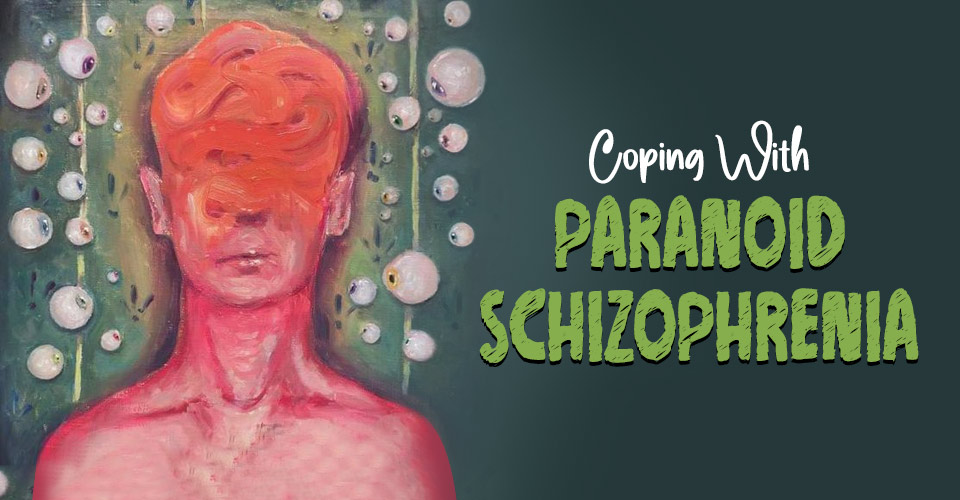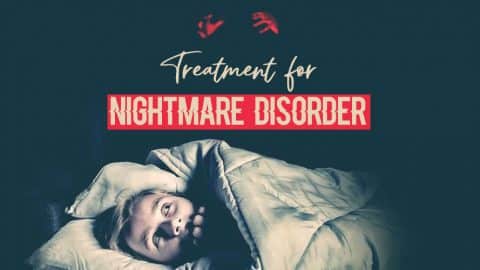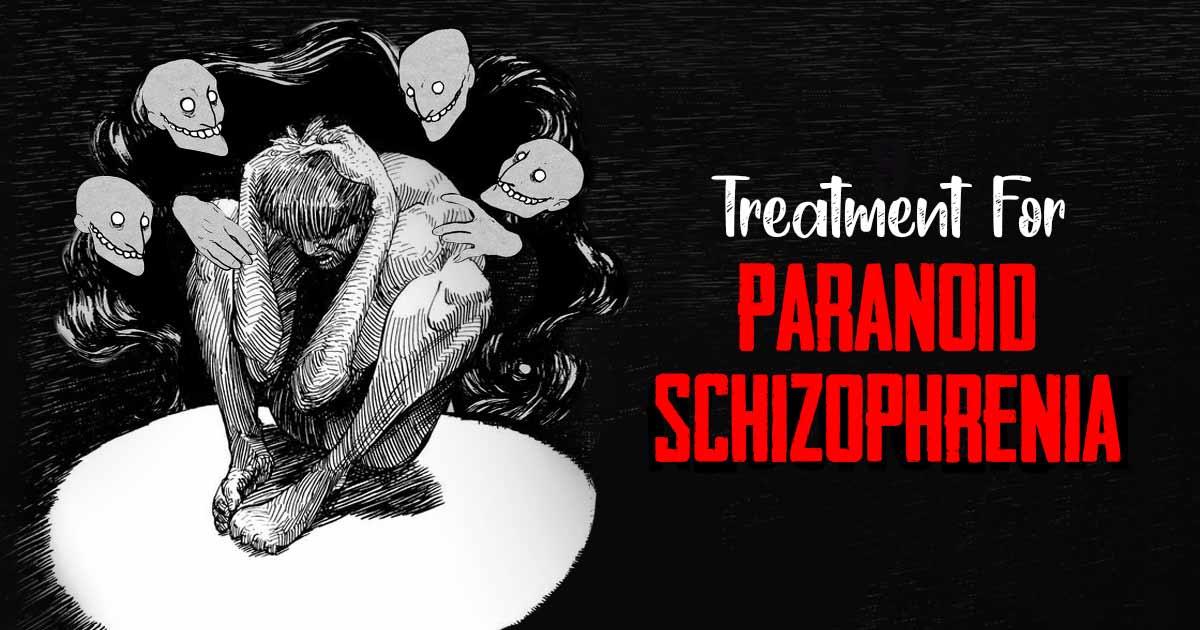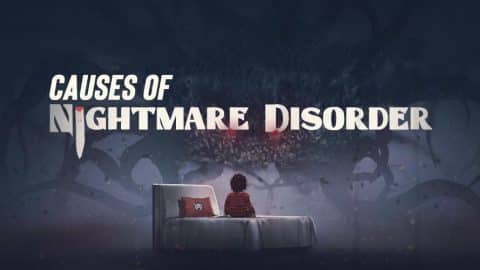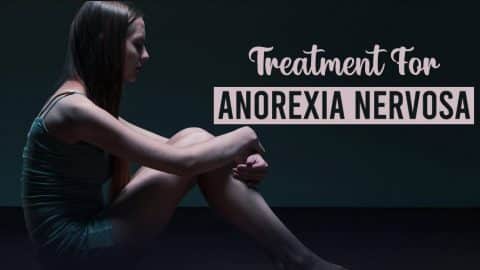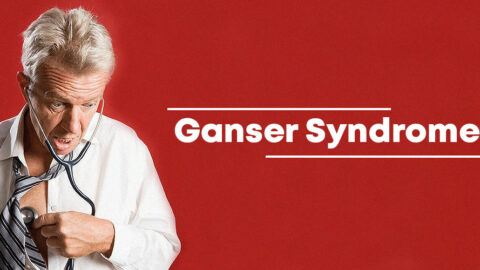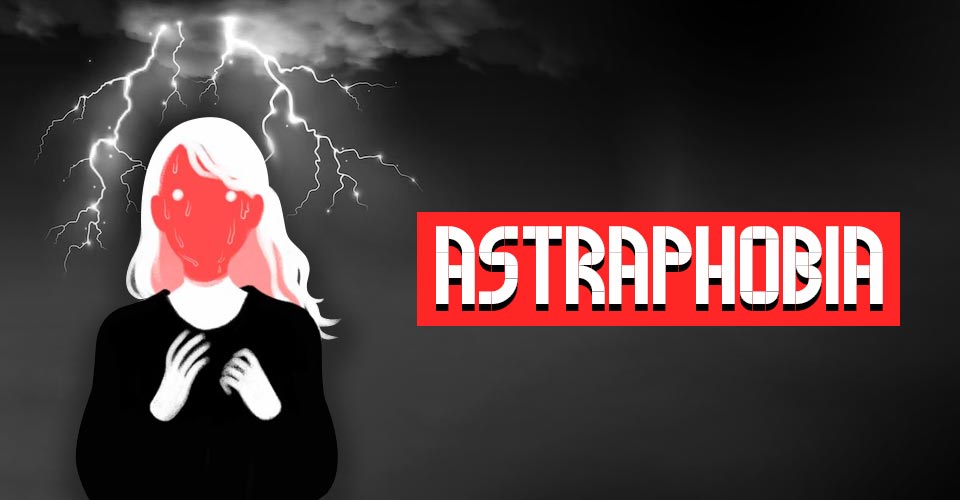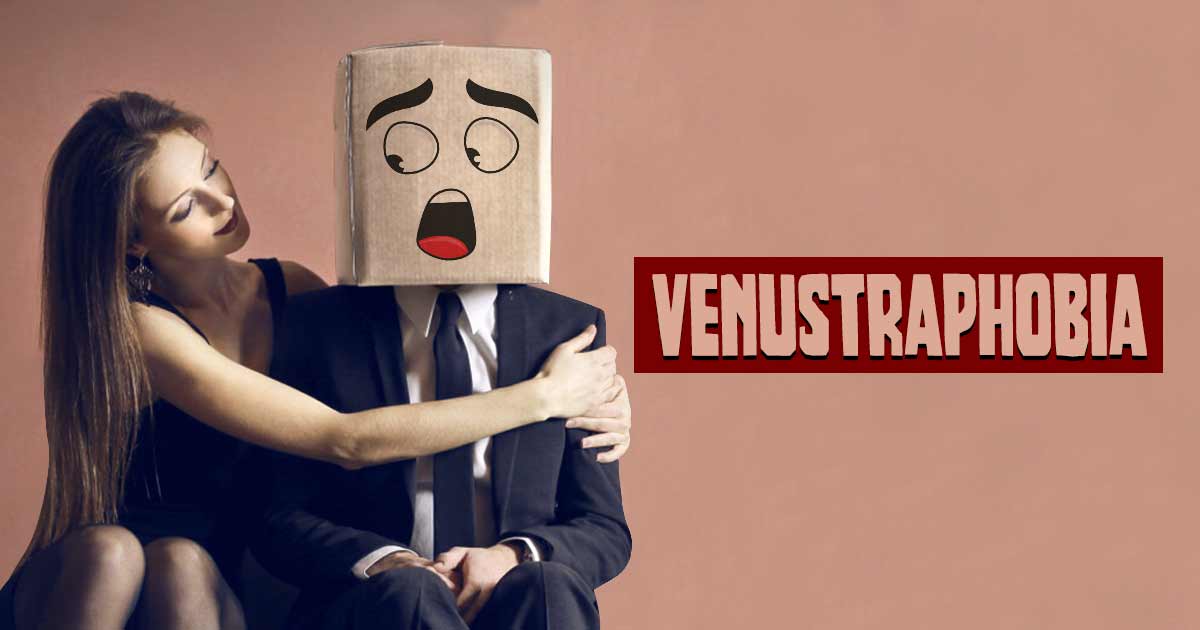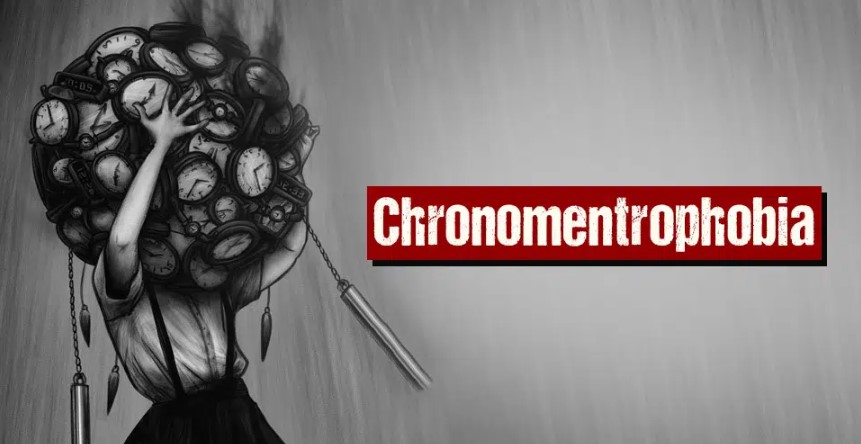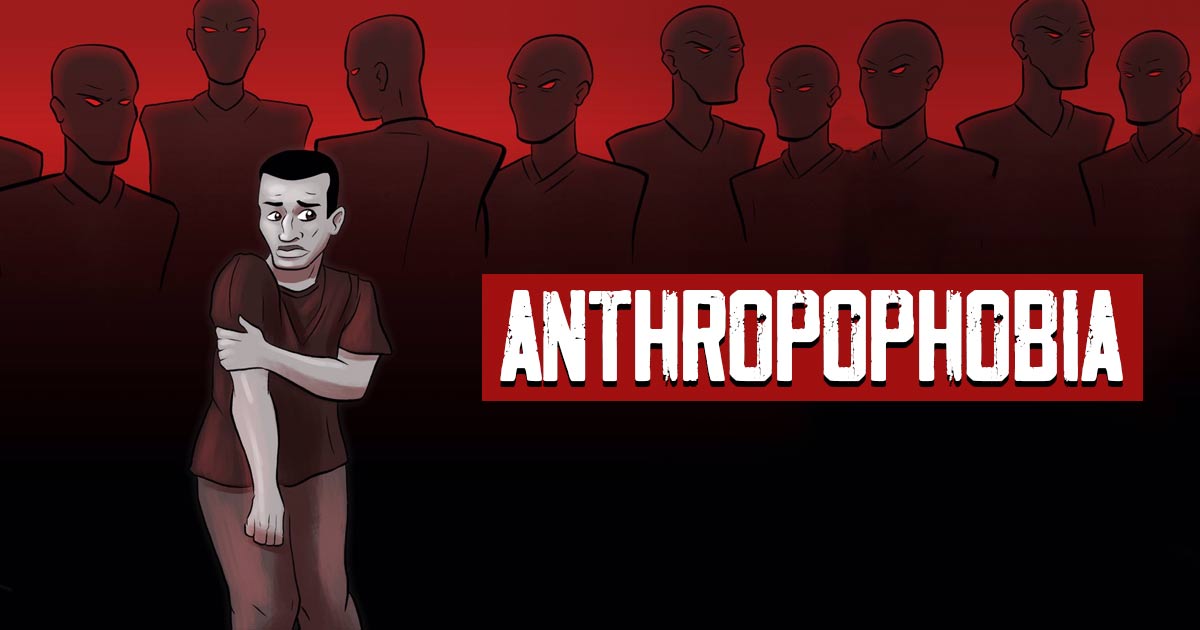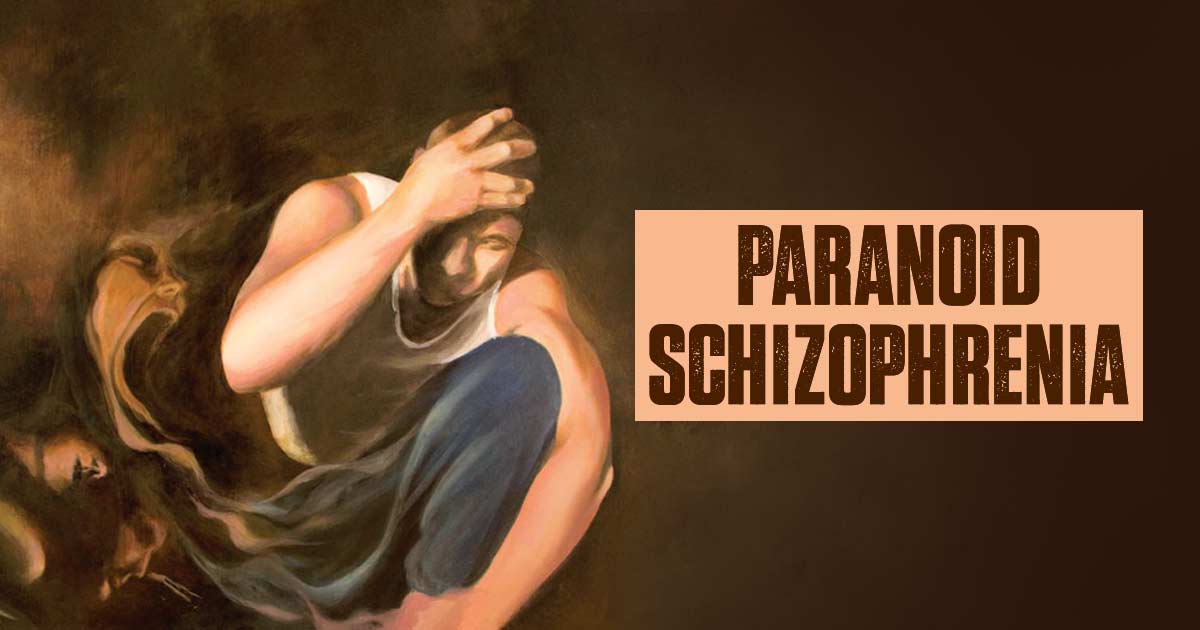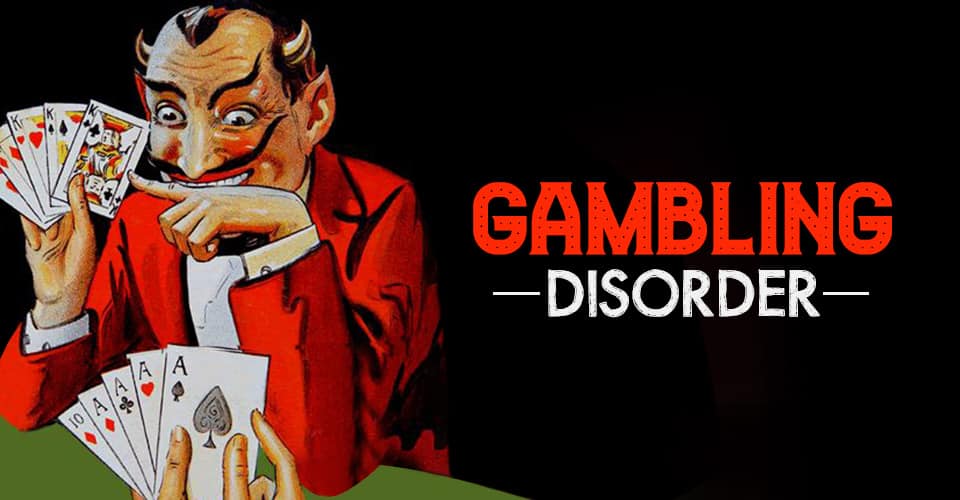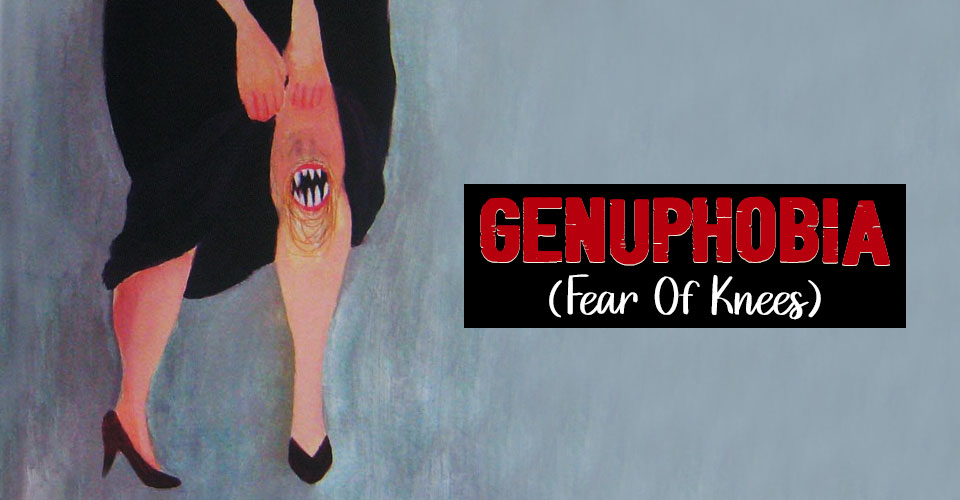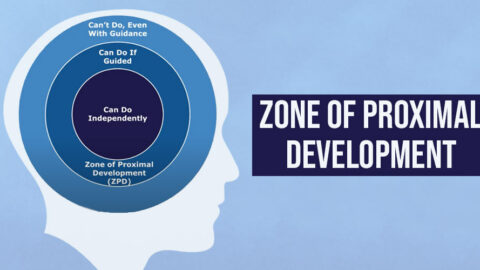Some of us aren’t very fond of cooking, but some are downright terrified of it. Mageirocophobia, or the fear of cooking, is a mental health condition that can interfere with your daily life activities and cause severe distress.
What Is Mageirocophobia?
Mageirocophobia is the fear of cooking. This specific phobia can take various forms. Some individuals are just scared of cooking for huge gatherings, while others are scared of cooking for themselves. A person with this condition may feel anxious at the very thought of cooking. Even seeing a person cook may cause a panic attack in someone with mageirocophobia.
In extreme cases, a person with this condition may develop a habit of eating foods that aren’t cooked. Although this can help them manage their anxiety levels in an immediate capacity, it can actually reinforce their phobia and increase its severity in the long run. It can also lead to several health issues.
Case Example
Sorabh’s health would suffer every time he ventured into the kitchen to cook. Initially, he attributed it to the food itself, assuming it was the culprit behind his illness. Surprisingly, though, he never experienced any discomfort when the same food was prepared by someone else.
As a result, Sorabh developed a deep-seated fear of falling sick again and ultimately stopped cooking altogether. This anxious association between cooking and sickness became a hindrance, deterring him from entering the kitchen for most of the time.
For years, Sorabh relinquished his culinary endeavors. The mere thought of cooking overwhelmed him and triggered waves of nausea. This predicament proved rather inconvenient as he constantly relied on others for his meals, leaving him unable to sustain himself independently.
Case Analysis
It is evident from Sorabh’s symptoms that he had an extreme fear of cooking and any environment related to cooking – also known as mageirocophobia.
Read More About Phobia Here
How Common Is Mageirocophobia?
There are no specific statistics related to mageirocophobia as it is not a very common condition. However, people who have been through some traumatic incidents in the past with respect to cooking may be more prone to developing this phobia.
Types Of Mageirocophobia
Mageirocophobia can not only make people afraid of cooking but can also cause hatred for different elements related to cooking. Here are some of the common types of mageirocophobia:
1. Fear of recipes
Some people with this phobia can feel overwhelmed or threatened by complicated recipes that require careful attention or a long period of time to cook. They may doubt their ability to complete the recipe or worry about missing a particular ingredient or step in the cooking process.
2. Fear of the process
Most people with a fear of cooking are often petrified of getting burned or cut during the process of cooking. They may also get overly stressed about encountering random challenges while preparing food, like running out of ingredients or water. Moreover, certain cooking techniques can appear confusing and scary.
3. Fear of cooking inedible food
Many people who are not familiar with cooking are often unsure about adding seasoning or preparing food. They lack self-confidence when it comes to recipes, flavors, or choosing the right ingredients.
Moreover, some people become too concerned with undercooked or overcooked food, while others become overwhelmed by the texture and taste of the food being served.
4. Fear of causing illness
This is perhaps the most common type of cooking phobia. The fear of causing illness or disease is based on wastage, contamination, or undercooking during the cooking process. As people are becoming increasingly aware of foodborne diseases, some individuals become afraid of cooking, especially those unaware of general cooking rules.
5. Fear of poor presentation
People who tend to be perfectionists are often prone to feeling stressed about the overall presentation of the food and cutlery. They feel overwhelmed by garnishing, table decoration, and offering a perfect dining experience.
This particular type of mageirocophobia can get triggered while organizing a lunch or dinner event or inviting guests at home. However, someone may have such feelings even when cooking for immediate family members.

Symptoms Of Mageirocophobia
In any type of phobia, the symptoms can vary based on the individual. The major mageirocophobia symptoms have been outlined below.
Physical Symptoms
The most widely recognized physical manifestations of phobias include:
- Trembling/ shivering
- Chest pain
- Choking
- Heart palpitations
- Dry mouth
- Nausea and vomiting
In extreme cases, a person may even need to get hospitalized. However, not everyone with mageirocophobia would experience all of these symptoms.
Psychological Symptoms
Here are some of the common psychological signs of mageirocophobia:
- Anticipatory anxiety about cooking
- Feeling extreme discomfort and fear when being asked to cook or observing someone cook
- Repeatedly looking for ways to avoid cooking
- Inability to manage stress related to cooking
- An urge to escape the kitchen or other situations that involve cooking
These symptoms usually make it impossible for the person to function in their day-to-day life.
What Causes Mageirocophobia?
The causes and risk factors of mageirocophobia have not been researched as much as other disorders and health conditions. However, phobias are usually a result of certain environmental conditioning. Studies 1 Smoller, J. W., Gardner-Schuster, E., & Covino, J. (2008). The genetic basis of panic and phobic anxiety disorders. American journal of medical genetics. Part C, Seminars in medical genetics, 148C(2), 118–126. https://doi.org/10.1002/ajmg.c.30174 have found that both heredity and genetics 2 Marks I. M. (1986). Genetics of fear and anxiety disorders. The British journal of psychiatry : the journal of mental science, 149, 406–418. https://doi.org/10.1192/bjp.149.4.406 might play a role in the development of mageirocophobia.
Here are some possible mageirocophobia causes:
- Personality traits or characteristics
- Anxiety-related disorders
- Over-expectations from family members
- Failures in experimentation with cookbooks or cooking itself
- Facing regular difficulties while preparing a meal
In the long run, all these reasons may work as a risk factor for developing further phobias as well.
Mageirocophobia Complications
The fear of cooking can give rise to several complications especially if a person is responsible for their own cooking, such as
- Malnutrition
- Neglect of one’s children and subsequent guilt
- Excessive dependency on another person for sustenance
- Relationship issues
- Problems in get-togethers and family gatherings involving food
- Risk of developing other severe conditions such as anxiety and depression
An early detection and treatment can help reduce possible adverse effects.
How To Overcome Mageirocophobia?
Mageirocophobia does not necessarily require treatment unless it affects a person’s daily life. Mageirocophobia treatment can involve both therapy and medication.
1. Therapy
A commonly used therapy 3 Pachana, N. A., Woodward, R. M., & Byrne, G. J. (2007). Treatment of specific phobia in older adults. Clinical interventions in aging, 2(3), 469–476. for this type of phobia is cognitive behavior therapy 4 Kaczkurkin, A. N., & Foa, E. B. (2015). Cognitive-behavioral therapy for anxiety disorders: an update on the empirical evidence. Dialogues in clinical neuroscience, 17(3), 337–346. https://doi.org/10.31887/DCNS.2015.17.3/akaczkurkin . Undergoing CBT under the guidance of a mental health professional can enable the patient to replace automatic negative thoughts and emotions associated with their fears with more positive and productive thoughts.
Apart from these, exposure therapy 5 Sars, D., & van Minnen, A. (2015). On the use of exposure therapy in the treatment of anxiety disorders: a survey among cognitive behavioural therapists in the Netherlands. BMC psychology, 3(1), 26. https://doi.org/10.1186/s40359-015-0083-2 can also be highly effective. In this technique, the therapist gradually exposes a person to the object of their fear (in this case, cooking) in a controlled environment. With time, a person is gradually desensitized to cooking.
Read More about Therapy Here
2. Medications
Although there are no specific medications for mageirocophobia, certain antidepressants and anti-anxiety medicines can help provide symptomatic relief.
3. Self-help techniques
Apart from these, certain self-help techniques like breathing exercises, meditation 6 Breedvelt, J. J. F., Amanvermez, Y., Harrer, M., Karyotaki, E., Gilbody, S., Bockting, C. L. H., Cuijpers, P., & Ebert, D. D. (2019). The Effects of Meditation, Yoga, and Mindfulness on Depression, Anxiety, and Stress in Tertiary Education Students: A Meta-Analysis. Frontiers in psychiatry, 10, 193. https://doi.org/10.3389/fpsyt.2019.00193 , mindfulness, yoga, consuming less caffeine, cessation of smoking and alcohol consumption can also help with managing symptoms related to fear of cooking.
Once the sufferer has successfully managed to control their phobia they can slowly learn new kitchen and cooking skills to get familiar with the cooking process.
Takeaway
With effective and appropriate treatment, mageirocophobia can be effectively dealt under the supervision of a therapist. Good social support is also essential for a good prognosis.
Fears can be really disturbing when they interfere with our daily functioning. Treating phobias at the initial stage is ideal to prevent episodes of panic attacks and other severe consequences in the long run.
At A Glance
- Mageirocophobia is the fear of cooking.
- It could either be related to the fear of contamination, the process, the recipes, or causing illness.
- Mageircocophobia could be a result of genetic predisposition and certain unpleasant or traumatic experiences in one’s past.
- The fear of cooking may lead to other complications such as anxiety disorders, depression, relationship issues, and malnutrition.
- Therapy, medication, and certain self-help strategies can be helpful in overcoming mageirocophobia.

